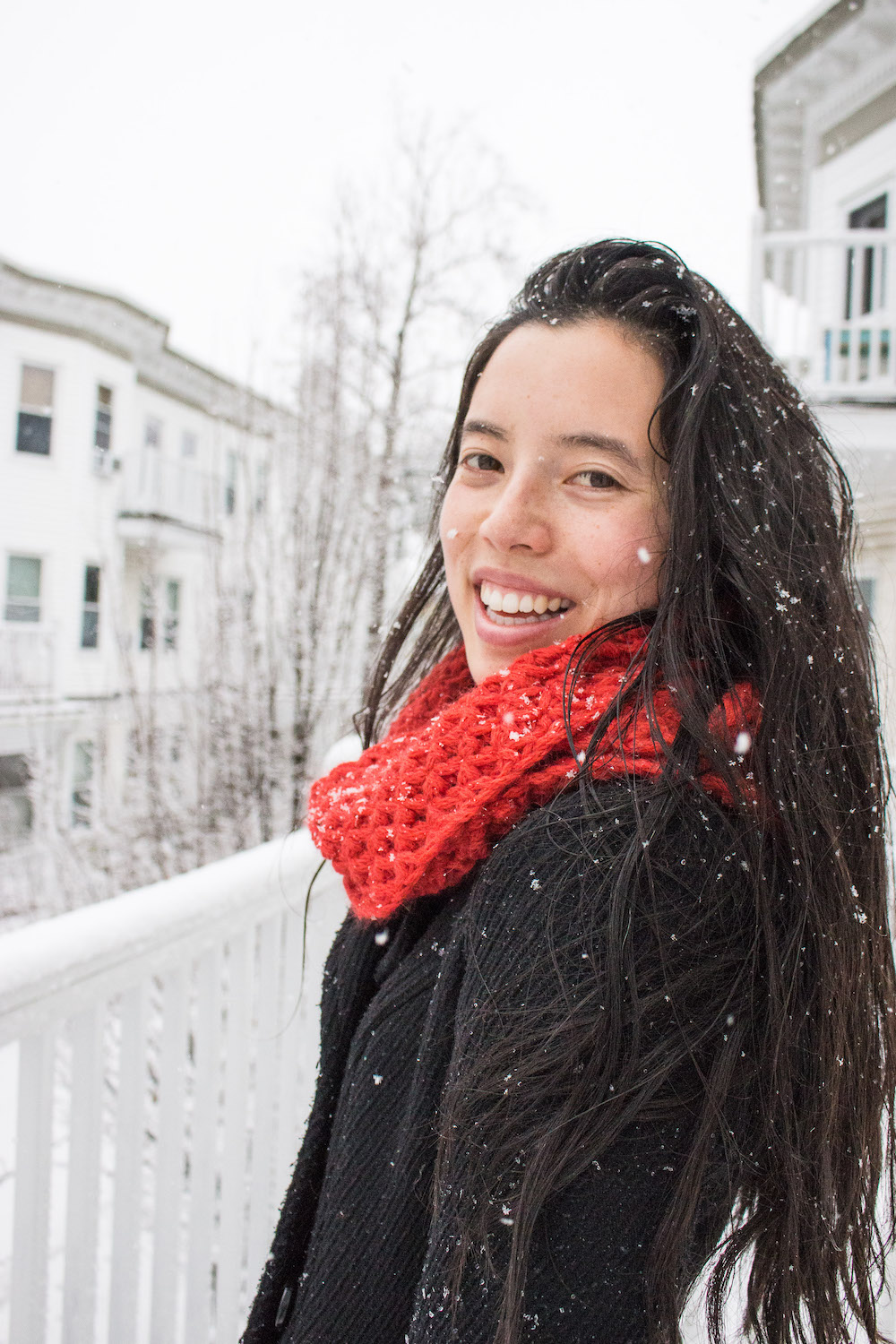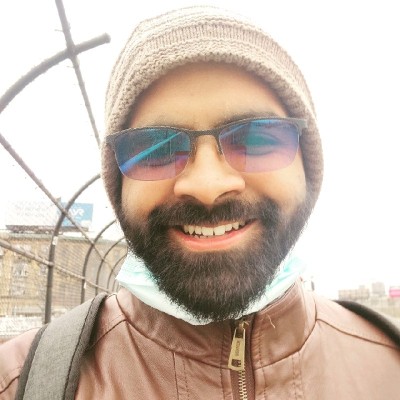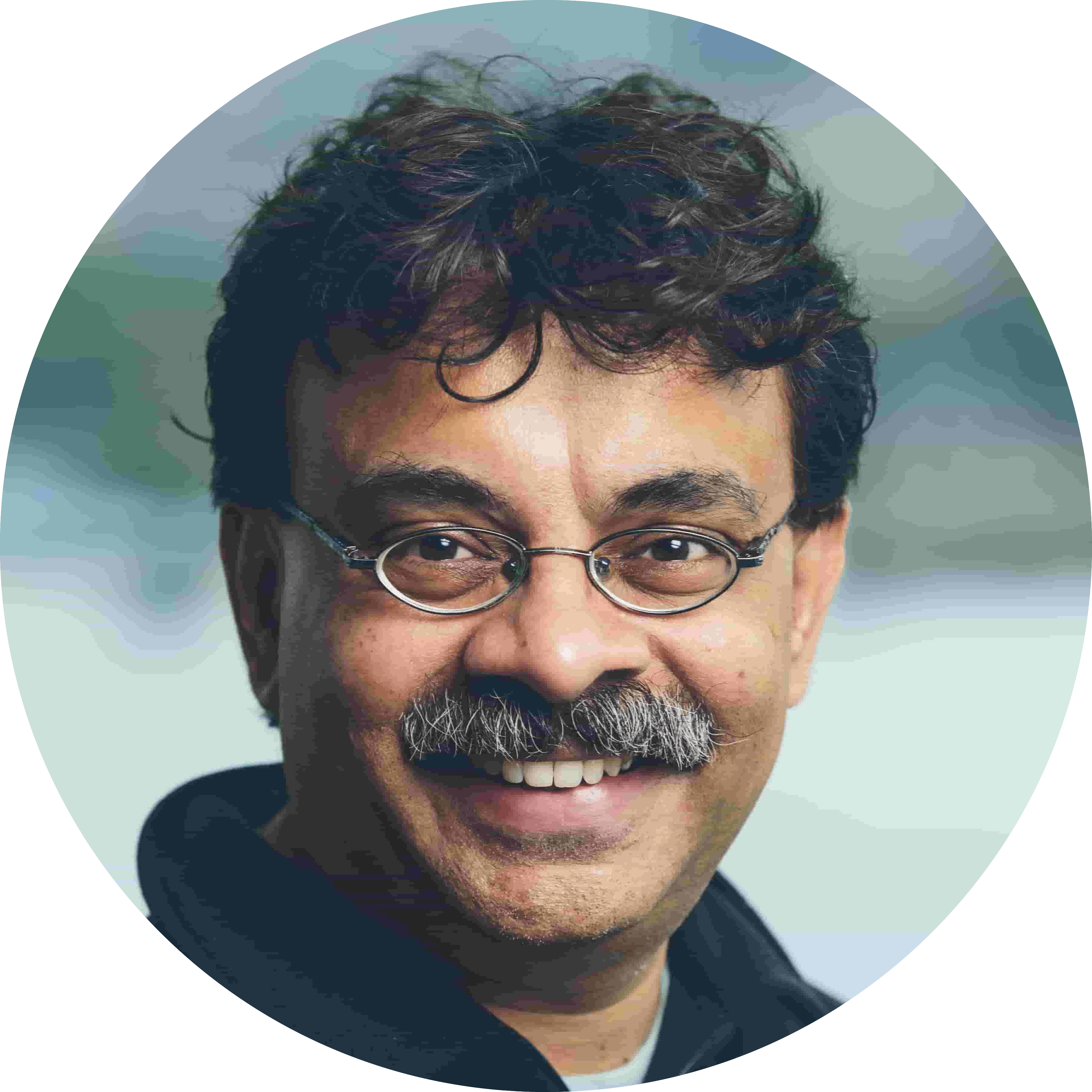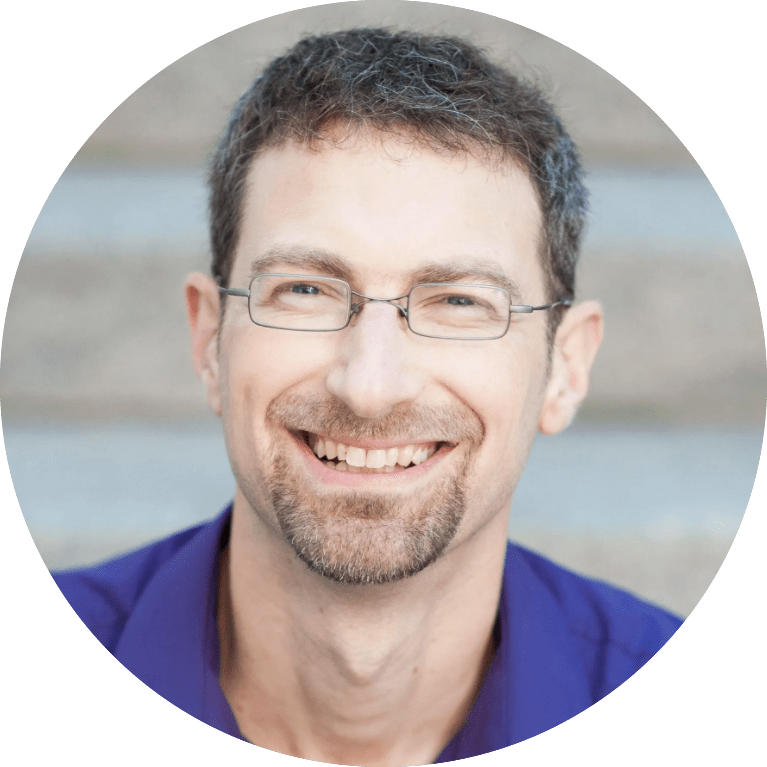Updates
-
Welcome Ph.D. students! 🐣 🌻
-
Class will meet on Fridays from 9:45-11:30am @ SEC 2.118.
-
9:45-11 will be structured class time, and 11-11:30 will serve as a “coffee hour” for cohort building.
-
Enroll in CS290B on my.harvard.edu to access Canvas, where you can join the course’s Slack channel and submit homework.
Course Overview
NOTE! This is the website for academic year 2023-24. If you are a current G1, please refer to https://harvard-cs290.github.io/ for the current website.
This is a reading and discussion-based seminar designed for entering Computer Science Ph.D. students. This course prepares students to manage the difficult and often undiscussed challenges of Ph.D. programs through sessions on:
- Research skill building (e.g. paper reading, communication)
- Soft skill building (e.g. managing advising relationships, supporting your peers)
- Academic culture (e.g. mental health in academia, power dynamics in scientific communities)
- Research and professional-oriented discussions
Please come prepared having done the readings/assignments listed on the schedule prior to class.
Course Credit
This is a full-year, 4-unit course, meeting once a week in each of the fall and the spring. Students must complete both terms of this course (parts A and B) within the same academic year to receive credit.
This course is required for new (G1) Computer Science Ph.D. students. It satisfies one of the CS 200-level electives (one of the 10 required classes for the Computer Science Ph.D. degree). SEAS G1 Ph.D. students in related fields may petition to enroll with instructor permission.
Course Policy
Attendance: Class attendance and participation is mandatory. If, due to extenuating circumstances, you need to miss class, please contact the course staff ahead of time.
COVID: If you test positive, please stay home and notify the course staff. If you’re feeling up for it, the course staff will arrange for you to attend class remotely.
Grading: The course is letter-graded based on your attendance, pre-class work, and participation. When there is pre-class work, this will be graded based on completion. We will be expecting attendance each week, and more than 1-2 absences, unless excused, may affect your final grade in the course.
Office Hours:
- John: Mondays 3-4pm @ SEC 1.101
- Paula: Tuesdays 4-5pm @ SEC 1.404
- Martin: Wednesdays 1-2pm @ SEC 4.305
- Satya: Wednesdays 9-10am @ SEC 6th floor
- Sonja: Fridays 11:30am-12:30pm @ SEC 1.404
We’ll use this calendar (below) for exceptions. In addition to the regularly held office hours, additional office hours with any member of the course staff can be made by appointment.
Diversity, Inclusion and Belonging: It is the mission of the teaching staff that students from all diverse backgrounds and perspectives be well served by this course, that students’ learning needs be addressed both in and out of class, and that the diversity that students bring to this class be viewed as a resource, strength and benefit. We aim to create a learning environment that is inclusive and respectful of diversity: gender, sexuality, disability, age, socioeconomic status, ethnicity, race, and culture. Your suggestions for how to better our classroom community are always encouraged and appreciated.
Since a large part of this course requires students to work in groups, in alignment with our teaching mission, we ask that students explicitly reflect on and implement practices for building teams that are diverse along many axes. The teaching staff is happy to help you brainstorm how to create an inclusive and productive working culture for your team.
Instructors
Other Course Offerings
- Fall 2021 - Spring 2022
- Fall 2022 - Spring 2023
- Fall 2023 - Spring 2024
- Fall 2024 - Spring 2025
- Fall 2025 - Spring 2026
Acknowledgments
This course was originally created by Yaniv Yacoby, who put a great deal of thought and effort into crafting its first two iterations, in collaboration with Eura Shin, David Parkes, and John Girash. There are a number of others who also aided in the development of this course through their helpful discussions and insights: Barbara Grosz, David Brooks, Finale Doshi-Velez, Isaac Lage, Krzysztof Gajos, Lillian Pentecost, Margo Seltzer, Sam Hsia, Udit Gupta, Weiwei Pan, Zana Buçinca
This course draws on: Justine Sherry's seminar "Reading on Research", Weiwei Pan's seminar "Diversity, Inclusion and Leadership in Tech", Yaniv Yacoby's workshop "How to make the most out of your PhD"






